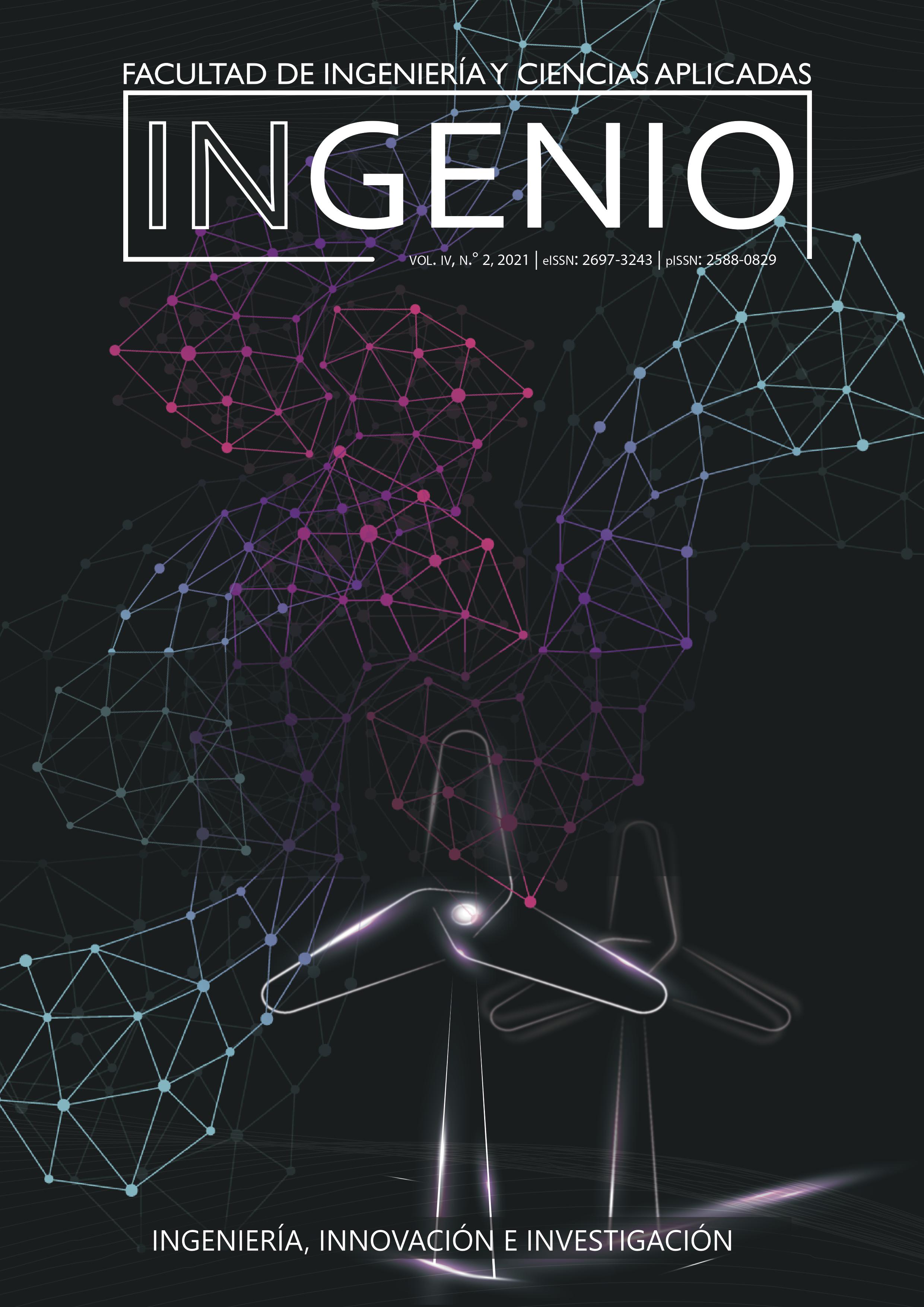The Concept of Sustainable Development and its Role in Solving Problems
Main Article Content
Abstract
This article briefly shows the origin of sustainable development, as well as future projections of the problems that demographic growth can cause and the impact of industrial progress in the countries. It also analyzes the concepts and characterization that is given to sustainable development, its scope and the advantages that the policies established in the regions that implement these regulations can provide. Likewise, Clean Technologies (CT), which contributes to the improvement of emissions and wastes emitted by industries to the environment. They are treated in the dimension of the efficiency of the industries. It also determines the way that certain indicators can contribute in the evaluation of development and how these can contribute to the resolution of various problems related to the environment and energy such as: Ecological sustainability that is related to the maintenance of ecosystems, Social sustainability, that proposes to improve the quality of life of the people and, Economic sustainability.
Downloads
Metrics
Article Details

This work is licensed under a Creative Commons Attribution-NonCommercial-NoDerivatives 4.0 International License.
References
A. García, «Breve historia de la educación ambiental: Del conservacionismo hacia el desarrollo sostenible,» Futuros N° 12, p. 10, 2008.
M. Muñoz, Educación Popular Ambiental para un Desarrollo Sostenible., Habana: Tesis Doctoral, 2003.
Naciones Unidas, «La Agenda 2030 y los Objetivos de Desarrollo Sostenible: una oportunidad para América Latina y el Caribe,» Naciones Unidad, Santiago, 2018.
E. Gudynas, Ecología, Economía y Ética del Desarrollo Sostenible, Quinta ed., Montevideo: CLAES, 2004.
p. e. m. A. I. Programa de las Naciones Unidas, «Producción más Limpia: Un paquete de recursos de capacitación,» 1999. [En línea]. Available: http://www.pnuma.org/industria/documentos/pmlcp01e.pdf.
C. d. I. y. C. A. d. N. A. CICEANA, «www.ciceana.org.mx,» 12 09 2007. [En línea]. Available: http://www.ciceana.org.mx/recursos/Tecnologias%20limpias.pdf.
J. Arroyave y L. Garcés, «Tecnologías Ambientalmente Sostenibles,» Producción + Limpia Vol.1 N°2, pp. 78-86, 2006.
A. Mercado y K. Córdova, «Desarrollo Sustentable - Industria: Más controversias, menos respuestas,» Ambiente & Sociedade Vol. 1, pp. 1-23, 2005.
M. A. Arias, «Academia Nacional de Educación Ambiental,» Septiembre 2003. [En línea]. Available: http://www.ambiental.ws/anea.
G. Foladori, «Avances y Límites de la Sustentabilidad Social,» Economía, Sociedad y Territorio Vol III, pp. 621-637, 2002.
N. Midletton y P. O'keefe, Redefinig Sustainable Development, London: Pluto Press, 2001.
O. I. d. E. A. OIEA, Indicadores Energéticos del Desarrollo Sostenible: Directrices y Metodologías, Viena: ORGANISMO INTERNACIONAL DE ENERGÍA ATÓMICA, 2008.
E. Tréllez y C. Quiroz, Formación ambiental participativa. Una propuesta para América Latina, Lima: CALEIDOS, 1995.





